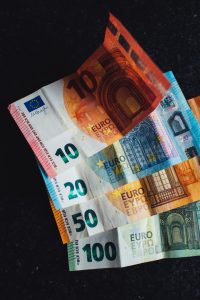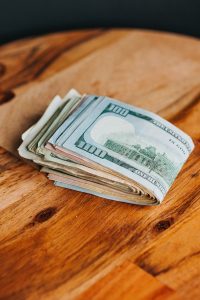The foreign exchange market, also known as the forex market, is the largest financial market in the world. It is a decentralized market where currencies are traded 24 hours a day, five days a week. The market is open to anyone who wants to trade currencies, from individuals to large financial institutions.
Given the size and importance of the forex market, it is essential to have regulations in place to ensure fairness and transparency. In this article, we will explore the different regulatory bodies that oversee the forex market.
Central Banks
Central banks are the primary regulators of the forex market. Their main responsibility is to manage the monetary policy of their respective countries. They do this by setting interest rates and controlling the money supply. The actions of central banks can have a significant impact on currency exchange rates.
Central banks also intervene in the forex market to stabilize exchange rates. They do this by buying or selling currencies in the market. For example, if a central bank wants to strengthen its currency, it will buy its currency in the forex market, which increases demand and drives up the price.
Some of the most influential central banks in the forex market include:
– Federal Reserve (USD)
– European Central Bank (EUR)
– Bank of Japan (JPY)
– Bank of England (GBP)
– Swiss National Bank (CHF)
Financial Regulators
Financial regulators are government agencies that oversee financial markets and institutions. They are responsible for enforcing laws and regulations that protect investors and maintain market integrity. Financial regulators oversee a range of financial products and services, including the forex market.
In the United States, the primary financial regulator is the Commodity Futures Trading Commission (CFTC). The CFTC is responsible for regulating commodity futures and options markets, including the forex market. The CFTC’s main objective is to protect market participants from fraud and other abusive practices.
Other financial regulators include:
– Financial Conduct Authority (FCA) – United Kingdom
– Australian Securities and Investments Commission (ASIC) – Australia
– Securities and Exchange Board of India (SEBI) – India
– Financial Services Agency (FSA) – Japan
Self-Regulatory Organizations
Self-regulatory organizations (SROs) are non-governmental organizations that oversee specific industries or professions. They are authorized by the government to regulate their respective industries or professions. SROs are responsible for enforcing rules and regulations that promote fair and ethical behavior.
In the forex market, the National Futures Association (NFA) is the primary SRO. The NFA is responsible for regulating the activities of forex dealers and brokers in the United States. The NFA sets rules and regulations that ensure transparency and protect investors from fraud and other abusive practices.
Other SROs include:
– Financial Industry Regulatory Authority (FINRA) – United States
– Investment Industry Regulatory Organization of Canada (IIROC) – Canada
– Dubai Financial Services Authority (DFSA) – United Arab Emirates
– Financial Services Commission (FSC) – South Korea
Conclusion
In conclusion, the forex market is regulated by a range of regulatory bodies, including central banks, financial regulators, and self-regulatory organizations. These bodies work together to promote transparency and protect investors from fraud and other abusive practices. As an investor in the forex market, it is essential to understand the regulatory environment and work with a reputable broker that complies with all relevant regulations.






